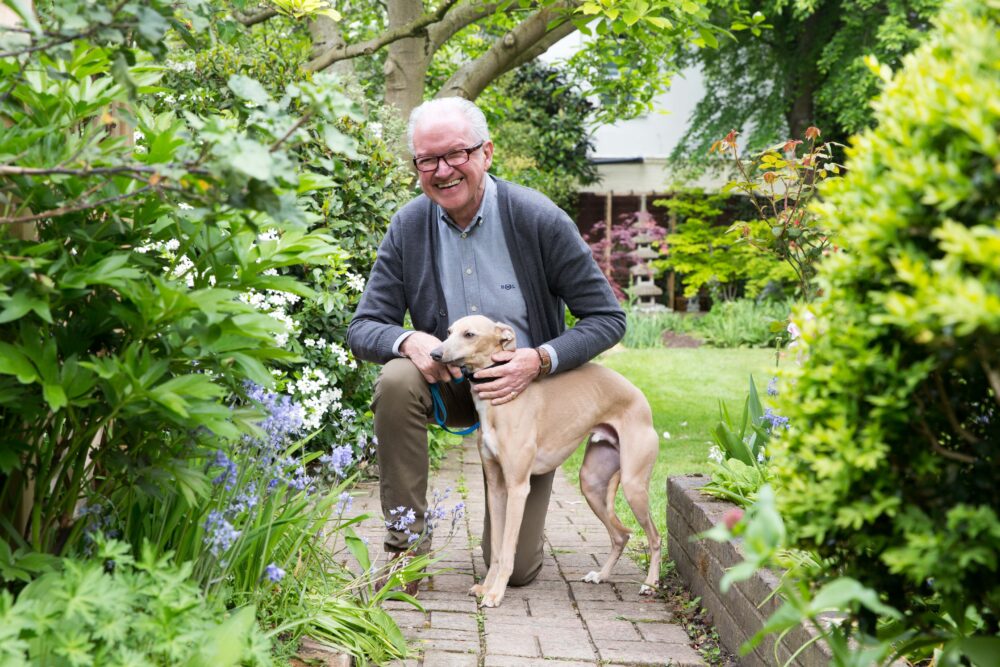People wanting to avoid the travel chaos that has hit UK airports and ports this year, and enjoy a stress free UK break with petrol and pay covered then homesitting could be for you!
Homesitting involves staying in people’s homes when they go away to take care of the home and any pets. It offers a fantastic way to explore the UK, staying for free and having petrol costs covered. Duties are minimal. And whilst home and pet sitting is a serious responsibility it is meant to be enjoyable.
Normally the average working time does not exceed 1.75 hours per day. When homesitters are not carrying out duties, they are free to remain on the client’s premises or to explore the local area.
Any period away from the property must not exceed three consecutive hours during daylight or one hour after dark, but homesitters can leave the premises on more than one occasion each day.
Our homesitters tell us that they enjoy their trips out visiting local towns they may never have been to, exploring local beauty spots and National Trust properties or taking country walks with the dogs they look after.
Shops, museums and galleries are among the varied attractions of city home sits, and for rural sits visiting country pubs and enjoying peaceful time away from the hustle and bustle of life are big draws.
Most of our homesitters are retirees in their 50s, 60s and 70s and many rely on their pension incomes. The cost of living crisis has meant that rising prices for petrol, food and energy are hard to avoid, but becoming a homesitter can be a way to limit the impact and boost pension income.
Home and pet sitters employed by Homesitters Ltd typically earn around £170 as a couple for a two-week homesit, which includes a daily food allowance, plus they get reimbursed for mileage at 45p per mile. People can also make savings on their energy bills as they are staying in someone else’s home, especially if they do lots of assignments.
Former hotelier, John Charlick (pictured above) has been home and pet sitting for four years since retiring from the hospitality industry. Keen to stay active in retirement, John looked for a flexible part time role. He has friends who dog sit who suggested he might try something similar. He found Homesitters online, applied and was offered the job.
John’s favourite part of the role is the travel across the UK to different homes and meeting different people. John says, “I’m still working in the hospitality industry in a way. I’m a real people person and love the social side of the job but my favourite thing is staying in gorgeous homes and visiting places I haven’t been to before.
“It can be like going on a mini break. I often stay in great locations and very glamorous homes, with swimming pools and tennis courts. I took up playing the piano again a few years ago so if there’s a piano I enjoy playing in the evenings.
“I also enjoy spending time with the animals, particularly dogs. I’ve owned dogs in the past, but now that I live in a flat it isn’t practical to have one and they are rather a tie. Homesitting gives me the opportunity to look after dogs and take them for walks, but I can then hand them back to their owners – rather like having grandchildren!”
One of John’s most memorable home sits was an assignment in Guernsey. He explains, “I’d never been to the island before, so it was interesting to visit for a week. I stayed in a charming house looking after a cat; it was almost like a holiday with free travel and accommodation.
“I also enjoy taking on assignments in London. I lived there for a time and still have lots of friends I can meet for lunch. My favourite assignment is for a regular client who has a Whippet. I stay there four times a year and usually arrive the night before the client goes away so that we can all have supper together – I almost feel like one of the family.”
If this role sounds great, why not apply to become a homesitter? We are currently recruiting throughout the UK and would love to hear from people interested in becoming homesitters. To find out more and to apply, click here.
